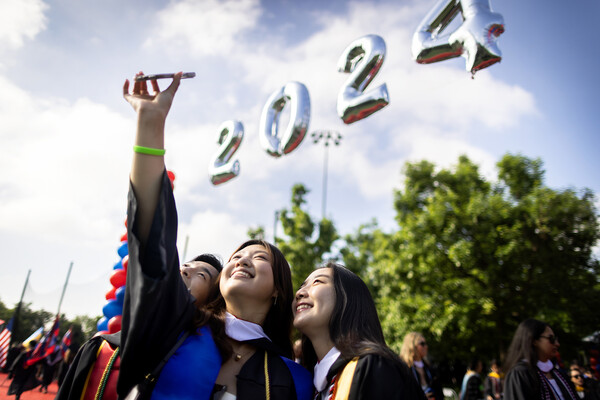Education and politics mix at forum
Put the best teachers in the worst schools.
That was one of the proposals from a group of distinguished education experts and practitioners gathered at the Inn at Penn by the U.S. Department of Education and Penn’s Consortium for Policy Research in Education (CPRE) two days earlier this month.
The forum was the first in a series to be held around the country by the Department of Education on the national issue of turning around low-performing schools. The department, looking for a credible partner to co-host the first forum in the series, chose CPRE, said the department’s Hugh Burkett.
The 30 participants brought their experience in the ivory tower, in politics, in the classroom and in urban and suburban school administration to the wide-ranging discussion.
“This is amazing,” said JoAnn Manning, associate director of the federally funded regional education lab at Temple University, after listening to suggestions from the educators. “A lot of these are commonsense things.”
But discussion on day two of the forum demonstrated that common sense does not always prevail in public education.
Some common sense not followed? Assign teachers who know about science to teach science classes; align testing and standards with the curriculum, and then make sure teachers follow the curriculum; or, again, put the best teachers in the most difficult schools.
“In Shanghai, there’s no prohibition on where to assign a teacher,” said School of Education Dean Susan Fuhrman. “It’s an honor to be placed in the most difficult situation.”
In Philadelphia, the opposite philosophy prevails.
Politics, not what’s best for the kids, is the basis for many education decisions, complained Julia Lara of the Council of Chief State School Officers.
Take the newly popular tactic of reconstituting the staff of a low-performing school. Reconstitution magnifies the problems of recruitment and retention of teachers, said CPRE’s Jennifer O’Day, assistant professor of education at the University of Wisconsin. The reconstituted school gets a novice staff and a novice principal. There’s a “trade-off between expertise and enthusiasm,” she said. “Enthusiasm is not enough of a formula for success.”
But some things do work, like creating learning communities where teachers emerge from the isolation of their classrooms to solve problems and work together to improve their teaching.
The discussion also focused on what roles state and federal education departments should each play in building better schools.
At the heart of their roles were two issues — accountability and support. “Accountability is only going to be a successful lever if an equal amount of energy is put into the support side of the equation,” said Mitchell D. Chester of the School District of Philadelphia.
After the forum, Burkett said that a new president would not affect the Department of Education’s focus on low-performing schools. “How we approach it may change, but attention to these failing schools will not go away,” he said.







